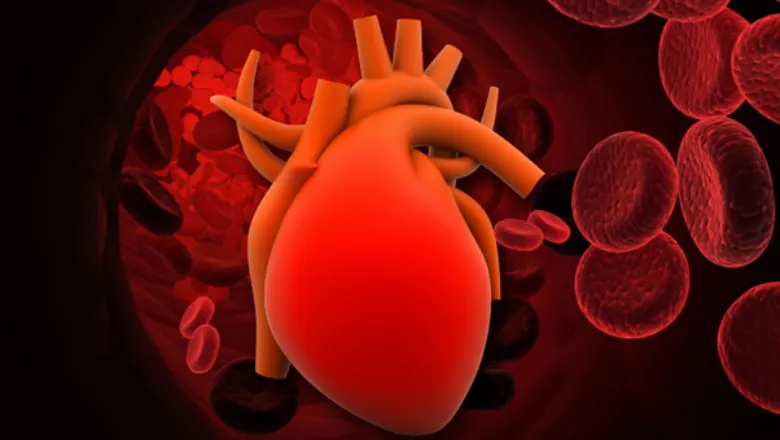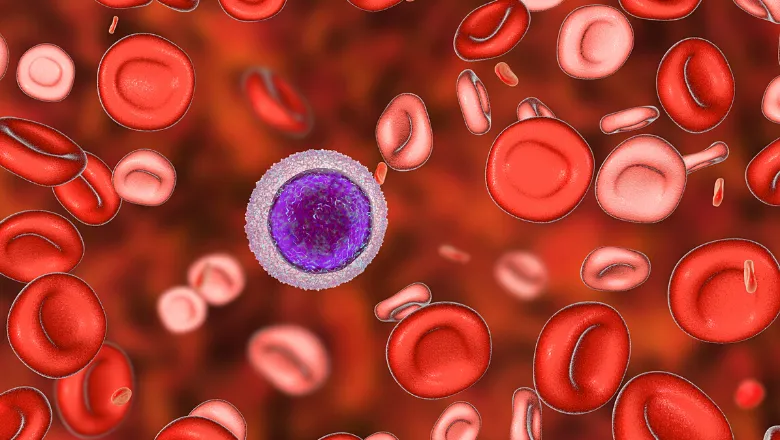
Professor Kinya Otsu
BHF Professor of Cardiology
Research interests
- Cardiovascular
Biography
Professor Kinya Otsu is BHF Professor of Cardiology within the School of Cardiovascular Medicine & Sciences.
News
Discovery of heart cell mechanism holds promise for future heart failure treatments
Research into an enzyme involved in necrosis (uncontrolled cell death) has uncovered a new mechanism that could form the basis of new therapies against heart...

Researchers find subset of cardiac fibroblasts involved in cardiac inflammation under stress
Inflammation is part of the process that weakens the heart, leading to heart failure. In response to pressure overload such as hypertension, monocytes (a type...

Professor Kinya Otsu to lead the National Cerebral and Cardiovascular Centre in Japan
Professor Kinya Otsu, BHF Professor of Cardiology, has been appointed as President of the National Cerebral and Cardiovascular Centre in Japan.

Iron release in response to stress may contribute to heart failure
A new British Heart Foundation funded study has found that the release of stored iron in heart cells may contribute to heart failure and could lead to the...

News
Discovery of heart cell mechanism holds promise for future heart failure treatments
Research into an enzyme involved in necrosis (uncontrolled cell death) has uncovered a new mechanism that could form the basis of new therapies against heart...

Researchers find subset of cardiac fibroblasts involved in cardiac inflammation under stress
Inflammation is part of the process that weakens the heart, leading to heart failure. In response to pressure overload such as hypertension, monocytes (a type...

Professor Kinya Otsu to lead the National Cerebral and Cardiovascular Centre in Japan
Professor Kinya Otsu, BHF Professor of Cardiology, has been appointed as President of the National Cerebral and Cardiovascular Centre in Japan.

Iron release in response to stress may contribute to heart failure
A new British Heart Foundation funded study has found that the release of stored iron in heart cells may contribute to heart failure and could lead to the...

